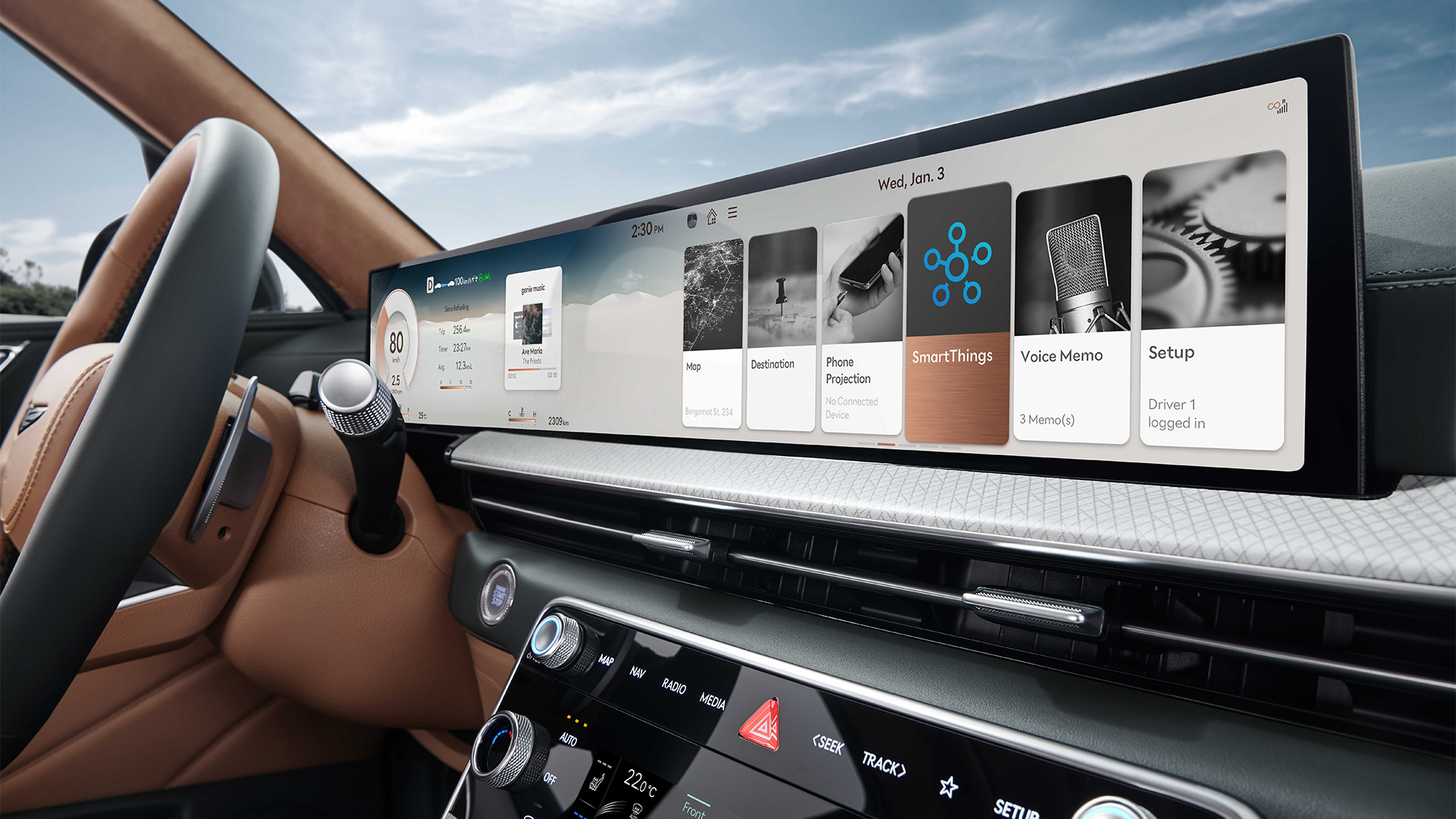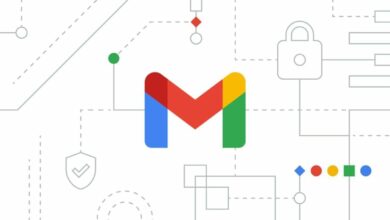Auto giants are reportedly selling your driving data to insurers – and regulators could step in

We’ve already reported that many of the most popular cars on the road are a nightmare when it comes to privacy. At the same time, it’s common knowledge that the modern Software Defined Vehicle (SDV) sends data to the manufacturer at lightning speed.
But two U.S. senators, Ron Wyden of Oregon and Edward J. Markey of Massachusetts, recently conducted an investigation that revealed what driver data is being exchanged and the paltry sums it is being sold for.
In a recent letter sent to the Federal Trade Commission (FTC), the two privacy advocates highlighted the type of data being collected, including how quickly a driver accelerates, how hard they brake and how often they exceed the speed limit, according to The New York Times.
These figures, which helped insurance companies accurately assess drivers’ risk, were neatly packaged and then sold to the highest bidders. But the amount of money that changed hands might surprise you.
According to the researchers, data analytics firm Verisk paid Honda just $25,920 over four years for information on 97,000 cars, or 26 cents per car. Hyundai was apparently paid just over $1 million, or 61 cents per car, over six years.
Unfortunately, GM has been withholding the exact amounts it made from selling customer data, but sources close to The New York Times claimed the automaker sold data from more than eight million cars worth “a few million dollars.”
Honda spokesman Chris Martin, reached out to The Times and told the Times that “no identifiable consumer information was shared with insurance companies” without customers’ consent.
Hyundai spokesman Ira Gabriel said its connected car service Bluelink had informed customers that data would be shared with Verisk when they activated Bluelink at the dealership.
Mining data for dollars

While many automakers are embracing the rise of connected services, now available in both commercial and passenger vehicles, the hard truth is that these companies also see user data as a key revenue source.
CapGemini, a global consulting firm, estimates that automakers can add as much as $800 billion to their annual revenues by monetizing driver data. Meanwhile, Stellantis, owner of Peugeot, Fiat, Alfa Romeo, Maserati and more, said it is monetizing driver data through the launch of its connected car company Mobilisights €20 billion in annual revenues by the end of the decade.
But much like the lengthy, confusing privacy policies that appear with every smartphone operating system update, the infotainment systems in modern cars don’t make it easy to understand exactly how your data is being shared.
According to The New York TimesThis is the third letter the FTC has received from Congress calling for an investigation into data collection in the US.
“Companies should not be allowed to sell Americans’ data without their consent, period,” Senators Wyden and Markey’s letter to the FTC reads. “But it is especially insulting to automakers who sell cars for tens of thousands of dollars only to squeeze a few extra pennies in profit from consumers’ private data.”
While insurance companies will argue that this “anonymized” data will help them calculate more accurate premiums, it can also be seen as an invasion of privacy. The only way to opt out? Turn off your car’s internet connection entirely.




